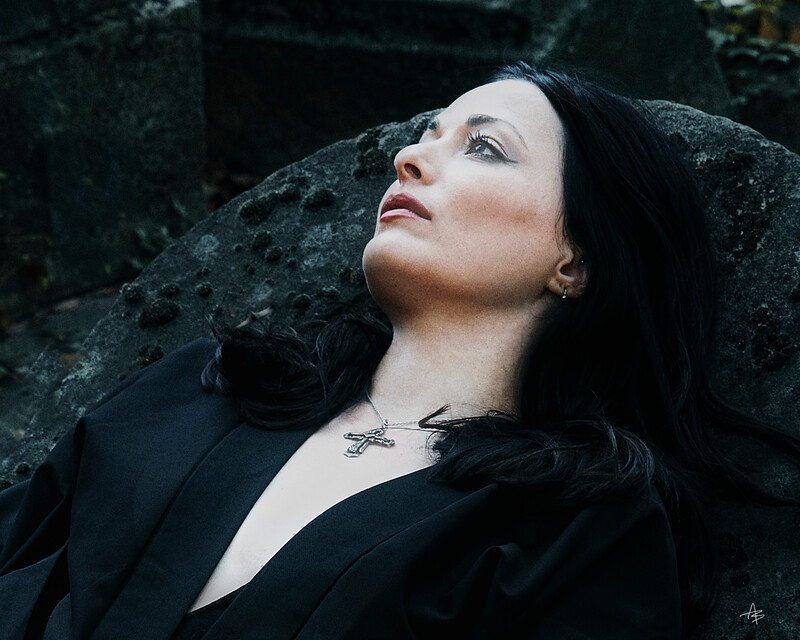In the realm of human inquiry, few subjects provoke as much contemplation as death. The nebulous boundary separating existence from nonexistence beckons the curious mind towards profound introspection. Within the Bahá’í framework, death is not an end but rather a passage, a significant transition in the intricate tapestry of the soul’s journey. This article endeavors to elucidate the Bahá’í perspective on death, framed within the thematic realm of the evocative phrase “Don’t Fear the Reaper.” This exploration invites readers to consider: can the anticipation of death serve as a catalyst for living more intentionally?
To comprehend the Bahá’í view of death, one must first appreciate the belief in the continuity of the soul. Bahá’ís posit that the essence of an individual transcends the physical vessel—our mortal bodies merely serve as temporary abodes for our spiritual selves. This perspective alleviates the trepidation typically associated with mortality, inviting a more holistic understanding of life and death. A fundamental question arises: does the acknowledgment of life after death empower individuals to embrace their temporal existence more fully?
According to Bahá’í teachings, death is likened to a door leading to an expansively beautiful realm filled with opportunities for growth and progress. This analogy not only reframes death as a benign transition, but it also emphasizes the infinite potential that awaits beyond. The idea that life is a preparatory stage for an eternal journey elucidates the significance of our choices and actions during our earthly sojourn. What, then, should be the implications of such beliefs on ethical living?
In this context, the Bahá’í writings propose an ethical framework rooted in the interdependence of all humanity. Emphasizing unity, the teachings suggest that our interactions and relationships must embody compassion, service, and respect for others. The temporal nature of life serves as a poignant reminder of the urgency to cultivate virtues, as these will accompany the soul beyond this earthly realm. By aligning one’s life with the ideals of love and unity, can individuals mitigate the fear of mortality?
Moreover, Bahá’í teachings advocate a proactive approach to death that encourages individuals not to shy away from mortality but to confront it with courage and insight. The acknowledgment of death as a natural and inevitable phenomenon allows for a liberating acceptance that can fundamentally transform one’s perspective on living. The question arises: how might the acceptance of life’s transience foster a more profound appreciation for its fleeting moments?
In grappling with the inevitability of death, Bahá’í principles urge individuals to seek wisdom, knowledge, and truth. Engaging with philosophical and spiritual concepts surrounding death cultivates a richer understanding of one’s own beliefs and values. The pursuit of such knowledge not only enriches the individual but also breeds collective enlightenment. Are we, then, bold enough to journey into the depths of understanding what lies beyond this life?
Furthermore, Bahá’í perspectives on death encourage a nurturing relationship with grief. Rather than perceiving mourning as purely mournful, it can also be recognized as a profound expression of love and connection. Grief, according to Bahá’í teachings, serves as a bridge linking the soul of the departed with those they have left behind. It invites the bereaved to reflect on shared memories and the legacies of love that transcend death itself. Could it be that through this lens, grief emerges as a facilitator of joy, rather than solely a source of sorrow?
Encouraging a holistic approach, the Bahá’í Faith also recognizes the importance of preparation for death—not only in emotional and spiritual terms but also through practical means such as estate planning or reconciliation with estranged loved ones. By fostering such readiness, individuals can alleviate burdens that may accompany death for themselves and their families. Is it not a profound act of love to ensure that those we leave behind are spared unnecessary strife?
Furthermore, the Bahá’í understanding of death challenges societal taboos surrounding discussions of mortality. By openly addressing the topic of death, Bahá’ís promote a culture of acceptance and understanding. Such dialogue demystifies death and empowers individuals to confront it with dignity and grace. As society continues to grapple with its perceptions of death, it begs the question: might we be more liberated in our lives if we dismantle the fears associated with dying?
In sum, the Bahá’í teachings surrounding death offer a comprehensive perspective that privileges love, unity, and growth. By presenting death not as an end, but as a step in the soul’s quest for eternal development, these teachings inspire a proactive and compassionate approach to life. Within the intricate tapestry of existence, can we not view death as an invitation to embrace every moment, infusing our lives with purpose and intention?
Ultimately, “Don’t Fear the Reaper” becomes not just a playful phrase but a profound invitation to reflect on the nature of existence, fear, and acceptance. In recognizing the transient nature of life, individuals can cultivate a spirit of gratitude and service, nurturing connections that transcend the bounds of mortality. Thus, by confronting the inevitability of death with courage and insight, one may very well transform the apprehension of mortality into a celebration of life.
